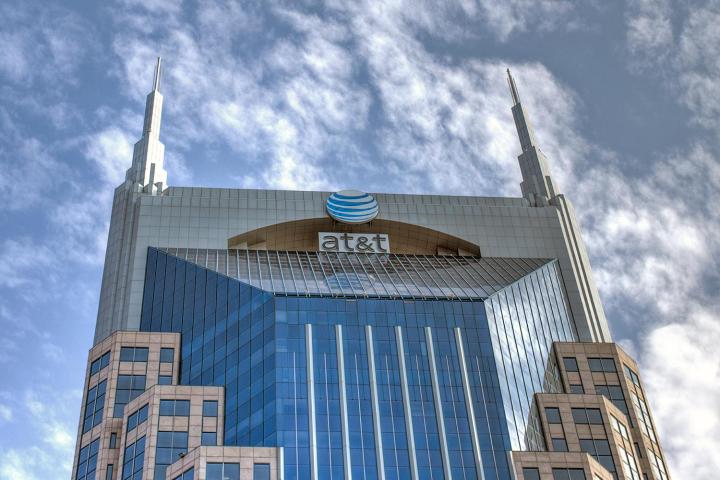
AT&T’s proposed $48.5 billion acquisition of DirecTV took another step forward today, as DirecTV shareholders voted 99 percent in favor of a deal that would see the two juggernauts merge to create a massive multi-system operator with nationwide reach. The vote is the next step in a multi-tiered process on the heels of AT&T’s initial filing with the FCC in June, which is still awaiting approval.
The monumental merger officially began after a late Sunday meeting in May, in which both boards of the two companies agreed upon terms to proceed. Under the agreement, AT&T would pay DirecTV shareholders $95 per share in a combination of cash and stock, breaking down to $28.50 and $66.50 per share respectively. Adding DirecTV’s total debt to AT&T’s books, the deal is worth an approximate $67.1 billion. The agreement will reportedly see DirecTV become a subsidiary of AT&T, though it will retain its own management and infrastructure.
The merger would concentrate a massive 26 million pay-TV subscribers under one roof. If approved, it will no doubt make both parties more competitive in an industry that has been consolidating at an alarming rate. Throughout the review process, the two companies have employed the “everyone else is doing it” defense, claiming that not only are AT&T and DirecTV unable to compete with massive cable MSOs (multi-system operators) in the current media landscape, but also that joining forces is necessary to keep the companies competitive should the similarly controversial $45.2 billion Comcast/Time Warner merger go through as planned.
In other words, the companies argue the merger would essentially be fighting fire with fire – billion dollar fire. The Comcast/Time Warner merger, which is also currently under review by the FCC and the Justice Department, represents a similarly broad consolidation of subscribers, including around 30 million pay-TV subscribers and 31 million broadband customers.
Apart from keeping up with the two cable titans, AT&T sees a wealth of other benefits to teaming up with the satellite provider. DirecTV pulled in around $2.6 billion in revenue last year, a splashy dividend that could help AT&T expand its services and infrastructure. AT&T will also gain access to key video features, such as DirecTV’s TV Everywhere package to add to its own mobile services, as well as content like the NFL Sunday ticket, which adds some serious firepower as it looks to bolster its U-verse pay-TV service. The deal will also help AT&T grow its reach in South America, where DirecTV serves a reported 18 million subscribers.
As the official public interest filing suggests, the two companies would together be able to offer a host of services to bundle as incentive to keep subscribers, as well as allowing expansion of those services into new territories. Subscribers would see multiple cross-platform incentives, such as bundling mobile phone service from AT&T’s wireless network with Internet, home phone, and satellite TV. And DirecTV’s nationwide reach would allow AT&T to move into areas in which its U-verse triple-play packages are unavailable. While DirecTV has seen its subscriber growth rate plummet in recent years, bundling packages could also offer added incentive to its current subscribers to stay locked in, as well as bring new customers into the fold.
If the Comcast merger is approved, it would see upwards of 30 percent of the nation’s video subscribers, and up to 38 percent of broadband subscribers under one massive conglomerate. Some analysts have previously agreed with AT&T’s assertion that a merger is necessary, seeing the deal as a way to provide a worthy competitor that could stand toe to toe with the resulting Comcast goliath, though that is a subject of some debate. Other analysts predict the AT&T merger may see roadblocks the Comcast merger won’t, as DirecTV and AT&T may have more overlapping subscribers.
Should both mergers proceed, however, the resulting two mega-companies would oversee close to 50 percent of all video subscribers, making things look awfully monopolistic in the video and telecommunications industry. With such expansive consolidation, the term MSO, or Multi-system Operator, has never seemed so fitting. As part of the regulatory review process, the FCC and the Justice Department are still reviewing the merger, and a decision is not expected until well into 2015.
Updated 9/25/2014: This piece was updated to reflect that DirecTV’s shareholders officially approved the merger, as well as other new information
Updated 6/12/2014: AT&T officially filed with the FCC today for its proposed multi-billion dollar acquisition of DirecTV
Photo: Sean Davis/Flickr


